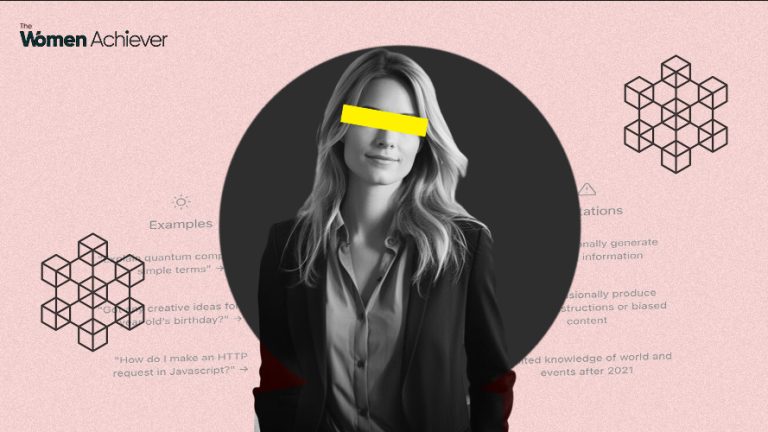Empowering the next generation of women leaders in business intelligence
The field of business intelligence (BI) is always changing due to the constant flow of new ideas and the increasing intricacy of corporate data. This dynamic field enables organisations to make data-driven decisions by providing deep insights into business processes. Nevertheless, there remains a discernible gender gap in senior positions in this industry, even though business intelligence plays a crucial part in contemporary company operations.
As we enter the era of digital transformation, it is vital for organisations seeking to use various views for improved decision-making and creativity to prioritise the development of future women leaders in business intelligence (BI). This goes beyond simple equity concerns. To close this gender inequality and encourage more women to take up leadership roles in the BI industry, a multimodal strategy emphasising mentoring, education, and organisational culture is needed.
The Current Landscape
Women are still underrepresented in top roles in the tech sector, including BI, despite notable advancements in gender equality. This discrepancy shows a lost potential for firms in addition to reflecting cultural biases. It has been demonstrated that diverse leadership teams promote higher levels of creativity, better risk management, and enhanced financial performance. Women’s distinct viewpoints can improve an organization’s ability to analyse data, identify patterns, and formulate strategic decisions.
Educational Foundations
Education is the first step in creating future women leaders in business intelligence. It is imperative to promote female students’ interest in data science, analytics, and business intelligence. In order to increase the number of women pursuing these disciplines, scholarships, women-only tech conferences, and STEM programmes for girls can all be extremely important. Furthermore, developing curricula that incorporates case studies and real-world examples of accomplished women in BI can inspire students and demonstrate unequivocally that women can pursue and assume leadership positions in this field.
Mentorship and Networking
Another essential component in developing women leaders in BI is mentoring. One’s work path can be greatly impacted by having mentors and role models who are women leaders. These connections offer direction, encouragement, and the self-assurance to assume leadership positions. Professional groups devoted to BI for women can also provide useful links, chances for cooperation, and a forum for exchanging challenges and experiences. These ties can be facilitated by setting up official mentoring programmes and networking clubs for women in businesses and the larger BI community.
Organizational Culture and Policies
Organisations are essential to the development of future female BI leaders. It is crucial to foster an inclusive culture that actively encourages women to grow in their careers. This entails putting in place rules that deal with unconscious bias in hiring and promotion, offering flexible work schedules to encourage work-life balance, and creating programmes for women-only leadership development. In addition, honouring and applauding the accomplishments of women in BI can foster a culture that encourages women to seek leadership roles and makes them feel valued.
Challenges and Opportunities
Women in BI face many obstacles on their road to leadership, such as gender bias, low visibility, and restricted access to high-impact initiatives. But these difficulties also give businesses a chance to reinvent how they handle leadership development and talent management. Businesses may help employees reach their greatest potential and obtain a competitive advantage in the quick-paced field of business intelligence by removing these obstacles.
In conclusion, cultivating the next generation of female business intelligence executives is not just a moral and ethical duty, but also a tactical requirement for companies hoping to prosper in the digital era. Businesses may enable women to advance to senior positions in BI by making investments in education, mentorship, and an inclusive corporate culture. By bringing varied thoughts and viewpoints to the field of business intelligence, this not only advances gender equality but also fosters innovation and improves corporate outcomes. Education professionals, business executives, and legislators will need to work together to create a more equal and inclusive BI future where women leaders are the standard rather than the exception.






Add comment